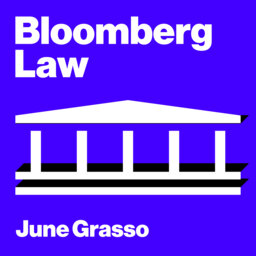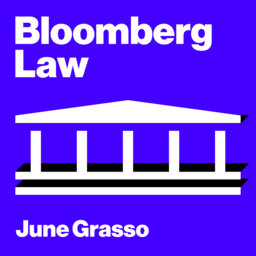UNC Can Continue Using Race in Admissions Process
Audrey Anderson, who heads the higher education practice at Bass Berry & Sims, discusses a judge ruling that the University of North Carolina's can continue using race as a factor in undergraduate admissions.
Josh Blackman, a professor of constitutional law at the South Texas College of Law, discusses President Biden’s commission examining changes to the Supreme Court.
June Grasso hosts.
In 1 playlist(s)
Bloomberg Law
June Grasso speaks with prominent attorneys and scholars, analyzing legal issues and cases in the ne…Social links
Follow podcast
Recent clips

SCOTUS on Transgender Sports Bans
36:52

Powell Investigation, Uvalde School Shooting & Lindsey Halligan
33:43

ICE Agent Shooting of Minneapolis Woman
35:35
 Bloomberg Law
Bloomberg Law